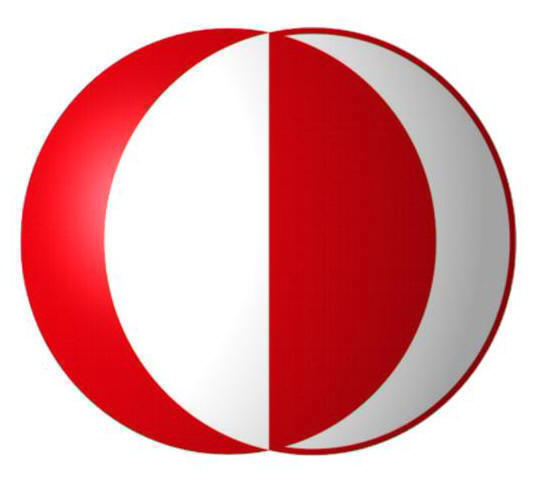Team:METU Turkey
From 2008.igem.org
(→The Project) |
|||
| (5 intermediate revisions not shown) | |||
| Line 23: | Line 23: | ||
== The Project == | == The Project == | ||
| - | |||
| - | + | '''Light controlled heavy metal carrying ''E. coli'' machine''' | |
| - | Light controlled heavy metal carrying | + | |
| - | Heavy metals are natural components of the Earth's crust. They cannot be degraded or destroyed. To a small extent they enter our bodies via food, drinking water and air. As trace elements, some heavy metals (e.g. copper, selenium, zinc) are essential to maintain the metabolism of the human body. However, at higher concentrations they can lead to poisoning. Heavy metal poisoning could result, for instance, from drinking-water contamination (e.g. lead pipes), high ambient air concentrations near emission sources, or intake via the food chain.We designed a E.coli machine to control heavy metal concentration in water by using phototaxis induced tunable carrying system on E. | + | Heavy metals are natural components of the Earth's crust. They cannot be degraded or destroyed. To a small extent they enter our bodies via food, drinking water and air. As trace elements, some heavy metals (e.g. copper, selenium, zinc) are essential to maintain the metabolism of the human body. However, at higher concentrations they can lead to poisoning. Heavy metal poisoning could result, for instance, from drinking-water contamination (e.g. lead pipes), high ambient air concentrations near emission sources, or intake via the food chain. |
| + | |||
| + | We designed a ''E.coli'' machine to control heavy metal concentration in water by using phototaxis induced tunable carrying system on ''E.coli'' membrane. In our system, there are two light sources. One of them is for the metal source and another is for the destination to where we want to carry metal atoms. And our machines have phototaxis ability. In addition to this, they have metal binding domain in outer surface and bacteriorhodopsin. When we open light at the metal source, they start to move toward source and catch the metal atoms. Then we open the light at the destination while closing the light at the source. So our machines move toward the destination. After the arrival our machines will be exposed to light with specific wavelength to activate bacteriorhodopsin leading to small local pH changing at the outer surface. This pH changing causes the release of metal atoms from the metal binding domain. Eventually, system starts from the beginning and so on.'' | ||
|} | |} | ||
<!--- The Mission, Experiments ---> | <!--- The Mission, Experiments ---> | ||
Latest revision as of 13:42, 4 August 2008
| Home | The Team | The Project | Parts Submitted to the Registry | Modeling | Notebook |
|---|
| METU_Turkey team was established by the 4 undergraduate students one year ago with just the effort of these student. Then 2 members participated. After 2007 competition, thanks to the advises of former four members, the recent team was formed in February, 2007. The team composed of 16 undergraduate students majoring in Molecular Biology and Genetics and Biology. We were the first Turkish team which participated in jamboree from Turkey. Hence we also wanted to be the first awarded Turkish team.
As a team, besides participating in the jamboree, one of our main aims is to increase the awareness towards synthetic biology in Turkey. For this, we would like to thank our sponsors TUBITAK and METIS for their support.
The ProjectLight controlled heavy metal carrying E. coli machine Heavy metals are natural components of the Earth's crust. They cannot be degraded or destroyed. To a small extent they enter our bodies via food, drinking water and air. As trace elements, some heavy metals (e.g. copper, selenium, zinc) are essential to maintain the metabolism of the human body. However, at higher concentrations they can lead to poisoning. Heavy metal poisoning could result, for instance, from drinking-water contamination (e.g. lead pipes), high ambient air concentrations near emission sources, or intake via the food chain. We designed a E.coli machine to control heavy metal concentration in water by using phototaxis induced tunable carrying system on E.coli membrane. In our system, there are two light sources. One of them is for the metal source and another is for the destination to where we want to carry metal atoms. And our machines have phototaxis ability. In addition to this, they have metal binding domain in outer surface and bacteriorhodopsin. When we open light at the metal source, they start to move toward source and catch the metal atoms. Then we open the light at the destination while closing the light at the source. So our machines move toward the destination. After the arrival our machines will be exposed to light with specific wavelength to activate bacteriorhodopsin leading to small local pH changing at the outer surface. This pH changing causes the release of metal atoms from the metal binding domain. Eventually, system starts from the beginning and so on. |
 "
"
